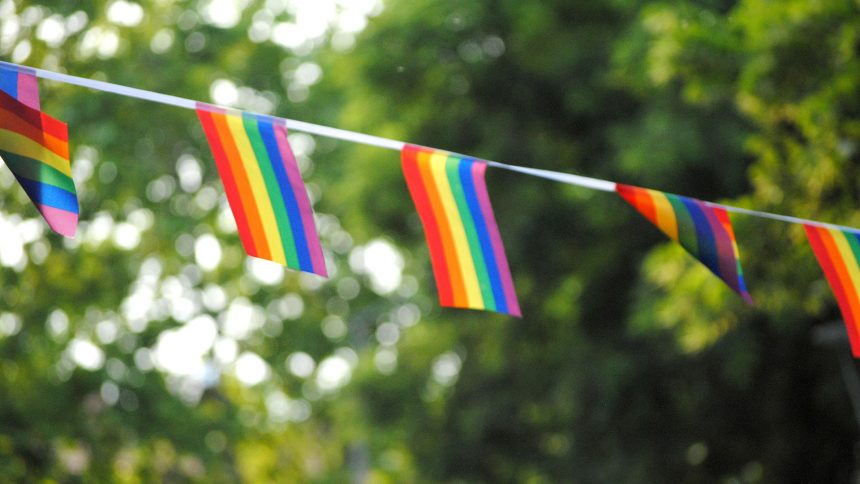Means of Protection or Formality?
In most societies, people believe that there are only two sexes, male and female. However, the division is not so clear cut sometimes. There are places where gender pluralism is found, which led to anthropologists distinguishing gender from sex.
Although, the Bangladeshi government recognized Hijras as hijra gender in a cabinet meeting on November 11, 2013, no noteworthy steps have been observed in the socialization of the community. The government has also fallen short in terms of legal gender provisions that address harassment against people because of their actual or perceived SOGI[1] specifically.
May be due to predominant religious values and beliefs, Bangladesh does not recognize any form of marriage, civil union or domestic partnership between adults of the same sex, and has refused to overturn Section 377, while presenting their Universal Periodic Review (UPR) at the United Nations in 2009, 2013 and 2017. The government of Bangladesh has made its stance towards the gender diverse population even more clear, by opposing the United Nations resolution condemning death penalty for same-sex activity in late 2017.
Antagonistic standpoint from the government, growing trend of violence[2] on gender diverse population resulting in death and imprisonment since early 2016, lack of efforts by law and order administration to detect and bring perpetrators to justice paints a rather despondent picture of gender diverse rights environment in Bangladesh.
Since its inception Bandhu Social Welfare Society is working towards reducing human rights violation. In this regard, Bandhu developed a helpline titled ‘Ain Alap’ (Legal Talk) so that we can receive rights and human rights violation complaints from the community people. In 2018, Bandhu received more than 400 such complaints over phone, and most of them were related to property dispute, sexual harassment, abuse etc.
In one side, though government recognized hijras as hijra gender, but it didn’t mention anything about the other minorities of trans population; and on the other side it has criminalized same sex relationship. The situation is quite contradictory and due to this, most of the victims of rights violation do not get proper justice.
When in 2014, the Anti Discriminatory Law was being drafted, it seemed as a ray of hope. After 5 years, still now this law is under vetting process and National Human Rights Commission of Bangladesh is also pushing the Government to expedite the anti-discrimination legislation.
Now, if we talk about policies, last year (2018), Social Welfare Department issued a notice in Rajshahi district where it has been directed under a scheme of enhancing transgender’s quality of life, a medical test (through various procedures) will take place to identify actual transgenders. In which way, this seems justified and logical? This is a direct attack on someone’s dignity, which indicates violation of human rights.
Amidst so many horrible experiences, recently, in 2019 transgender community has finally been granted the right to use their correct identity to register as a voter. Government officials have given full recognition to the hijras cultural status by creating a special “third gender” category on Bangladesh’s national voters list. This is a positive initiative, but we will fully understand its application if analyze the practical situation in time.
The present circumstance is such that the vulnerabilities against this community is rapidly growing and even the laws and policies cannot prevent them. Now the question is are we making laws for the protection of our people or it remains just as another formality?
Shara Arzooman Chowdhury
[1] Sexual Orientation and Gender Identity (SOGI)

